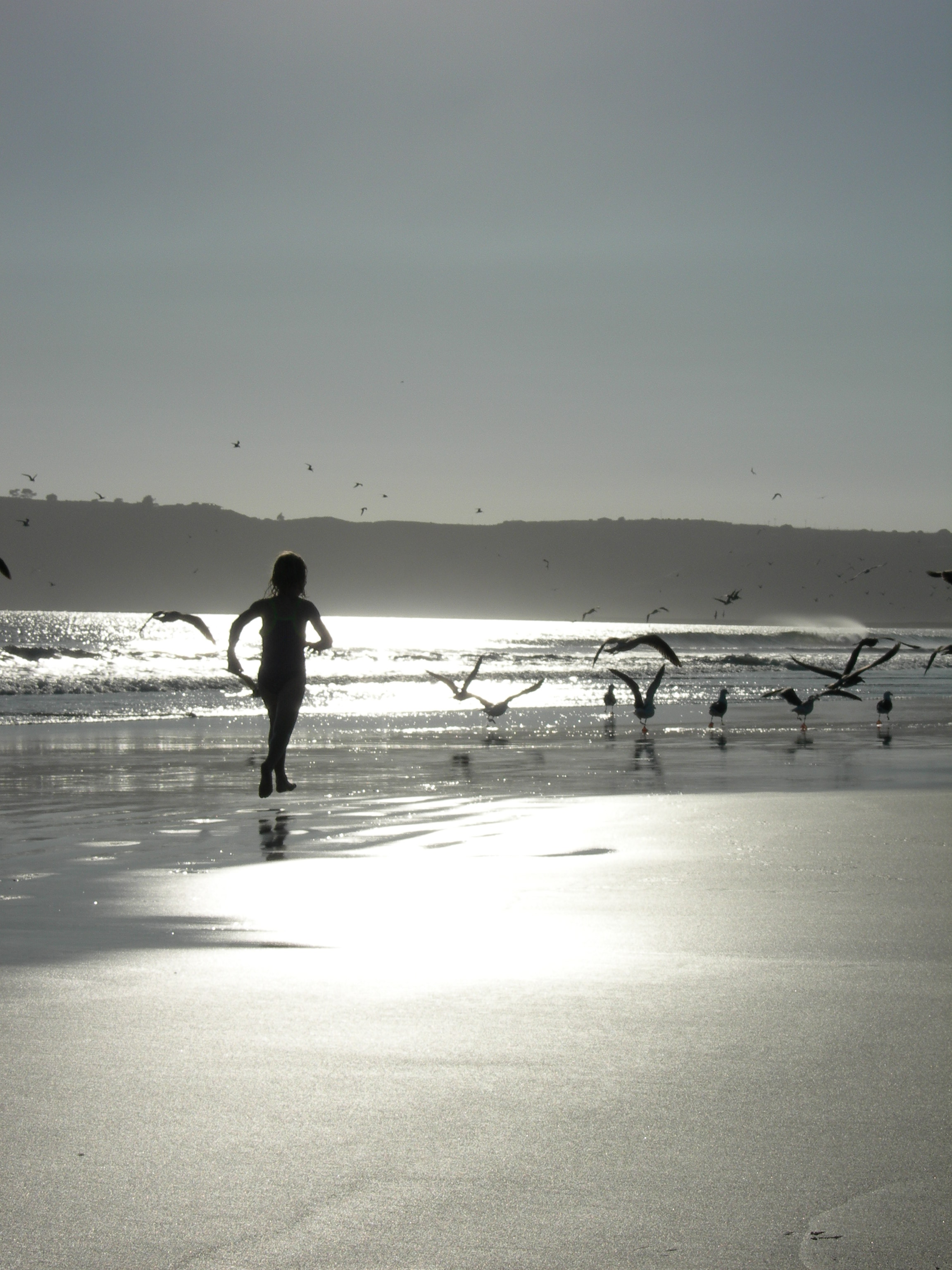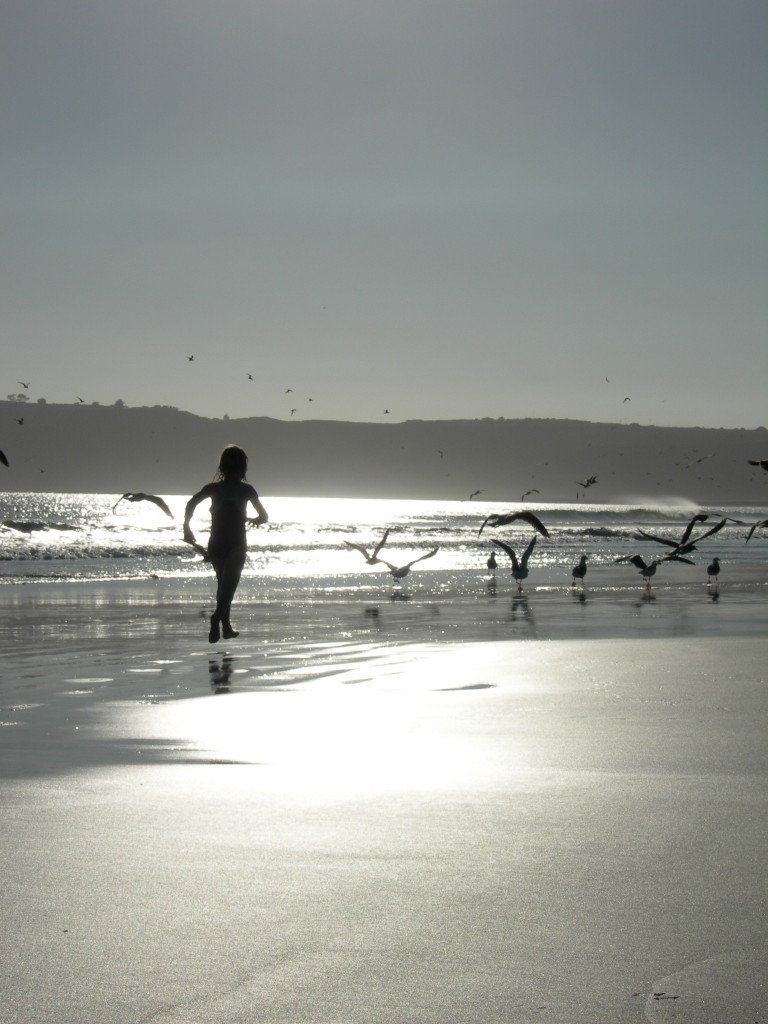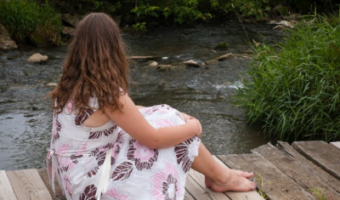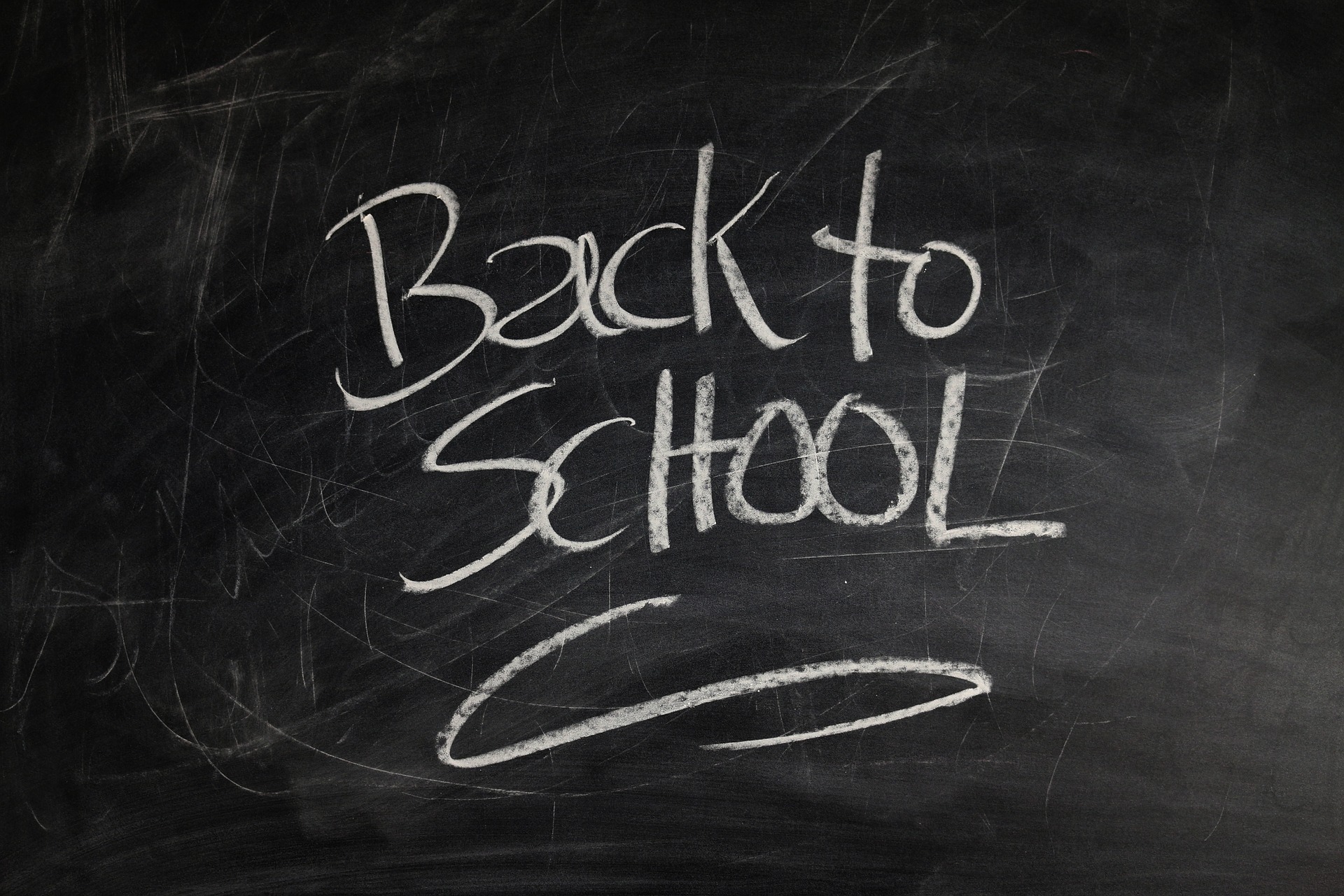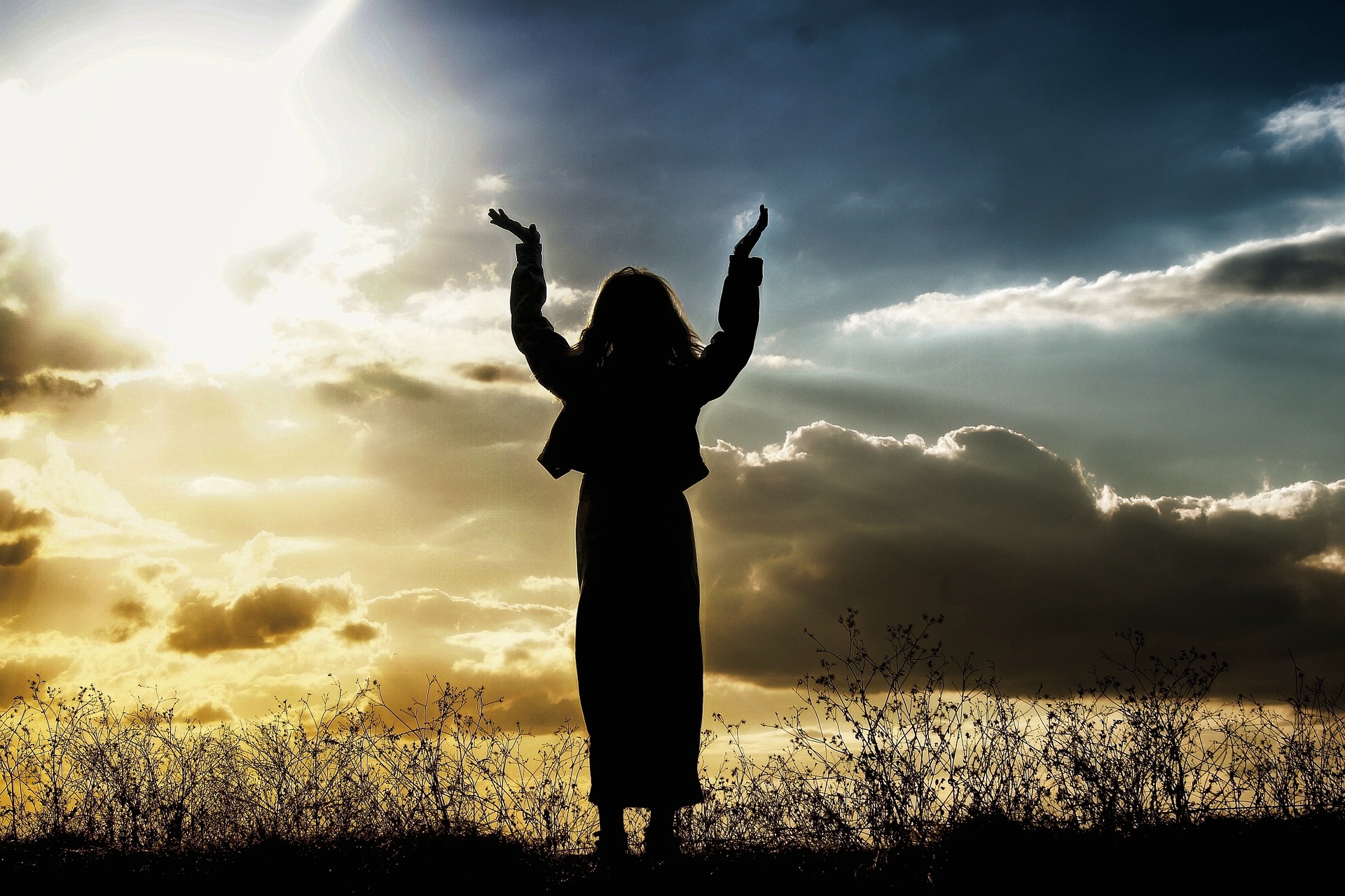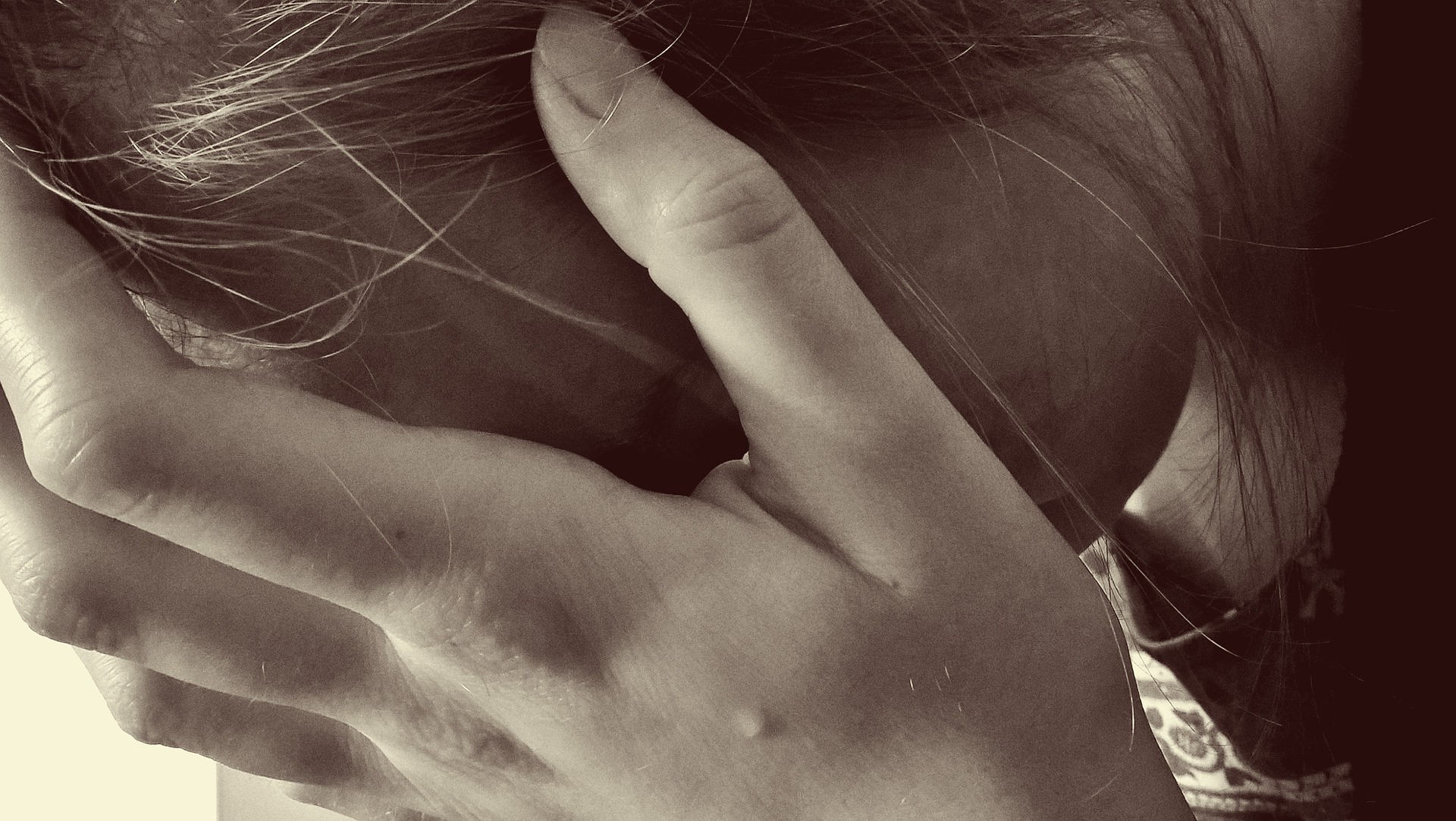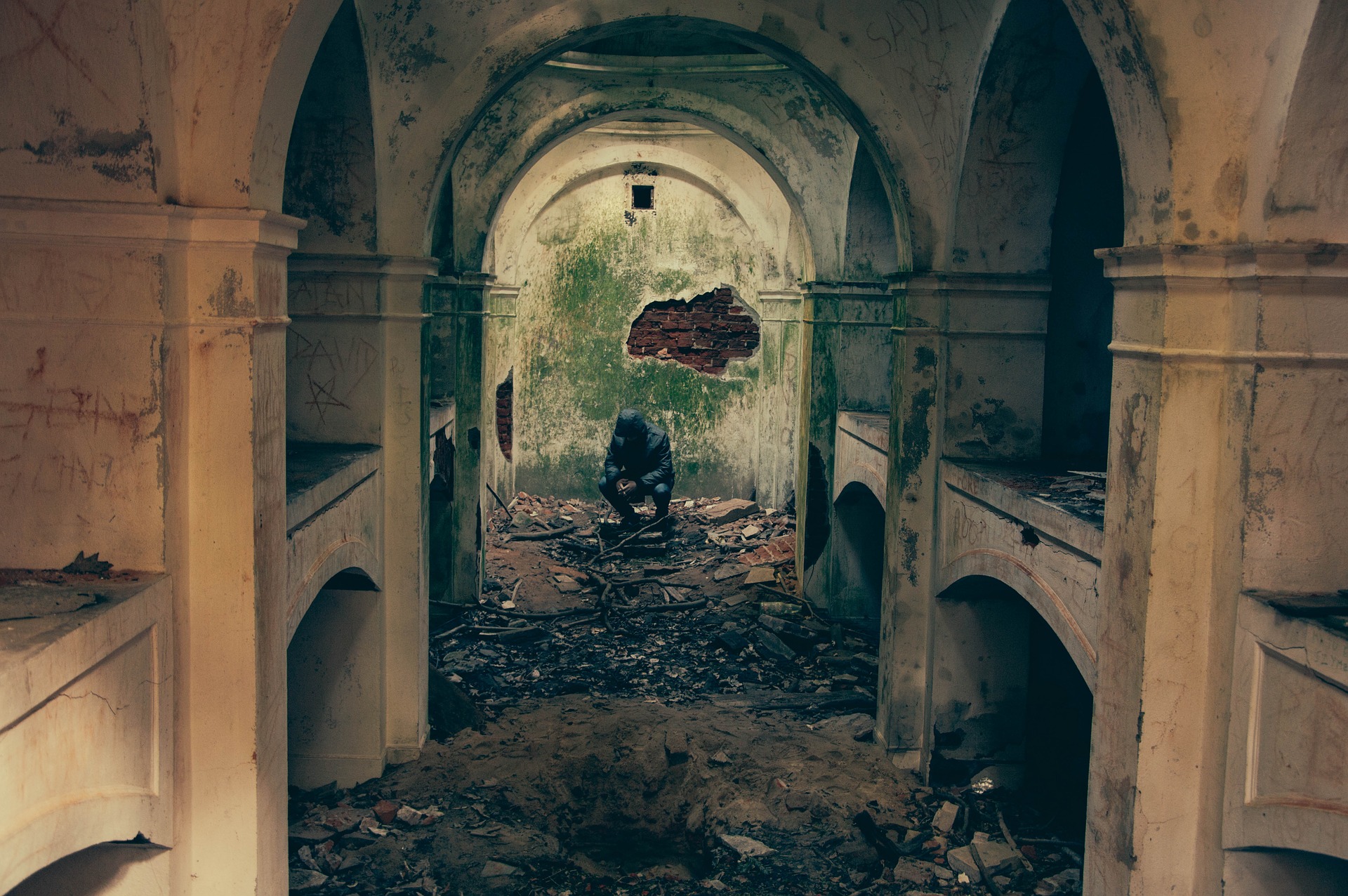In my last post I shared with you my own story of loss and some of the resulting choices I made. First, I would like to thank those of you who reached out in appreciation of my sharing my personal story, as well as entrusting me with yours. As we all know, no matter where you grow up, or where you live your life, loss will always be an integral part of life. It does not matter if loss is the result of a natural death, an unexpected and untimely tragedy (such as a suicide or traffic accident), or a terrorist attack. Learning to deal with the loss of a loved one, and learning to support others in our life who are experiencing a loss, is an important skill. While many of us learn when we are young to comfort someone who is sick, someone having a bad day, or a friend dealing with a challenge, many of us are at a loss when it comes to death. We want to protect our kids from all things that are bad and hurt. Since death is not perceived by most as a positive thing (although I encourage you to look into cultures where it is understood as a natural and sometimes welcome part of the life cycle), we think that if we don’t talk about it with our children, or try to shield them from experiencing any aspect of death, we are doing them a favor. I truly believe that teaching our kids about death and the loss that comes with it as a natural part of life, and modeling for them how to support those in our life who are experiencing loss, is a critical life skill. Over the next couple of weeks I would like to share with you some of the different aspects of loss. First, how to help your daughter when she experiences loss. Second, how to teach her to support others experiencing loss. If you have any specific questions related to this topic that you would like me to address, just reply to this email and I will be happy to offer my support. The first and most important thing for today is that death and loss should not be a secret. Some of you may be nodding your heads in agreement, but for others, your family experience may be one of discomfort and secrecy. As I have said many times before, there are very few things you can keep secret from your daughter. Children of all ages observe and see everything, and even if they don’t always know the exact details, they do always know when something is wrong. Keeping things a secret only leads to tension, confusion and mistrust. Being open about a friend or family member’s death or dying process, as well as other forms of loss, will allow your daughter to learn from you that death and loss are a natural part of life as much as babies being born and birthdays. It allows her to learn how to feel and express herself on the full range of emotions. This will create a template for the rest of her life. If she can learn to experience grief and sadness with your support when she is young, it will be easier for her to accept death and loss as a natural part of the cycle of life when she is an adult. Dealing with life’s disappointments and challenges will not continually be what I sometimes encounter in my work – “the end of the world”. While death is one kind of loss, we need the same coping skills with other losses, such as breaking up with a boyfriend, or (or being broken up with), or not being accepted by the college she worked so hard to get into for four years. The loss can feel the same. So for today, remember, no secrets. Loss is a part of life – a hard part, but a natural part. Looking forward to exploring this further with all of you. And remember, if there is something you want to make sure I address, just let me know by commenting below Much love and support Tova

